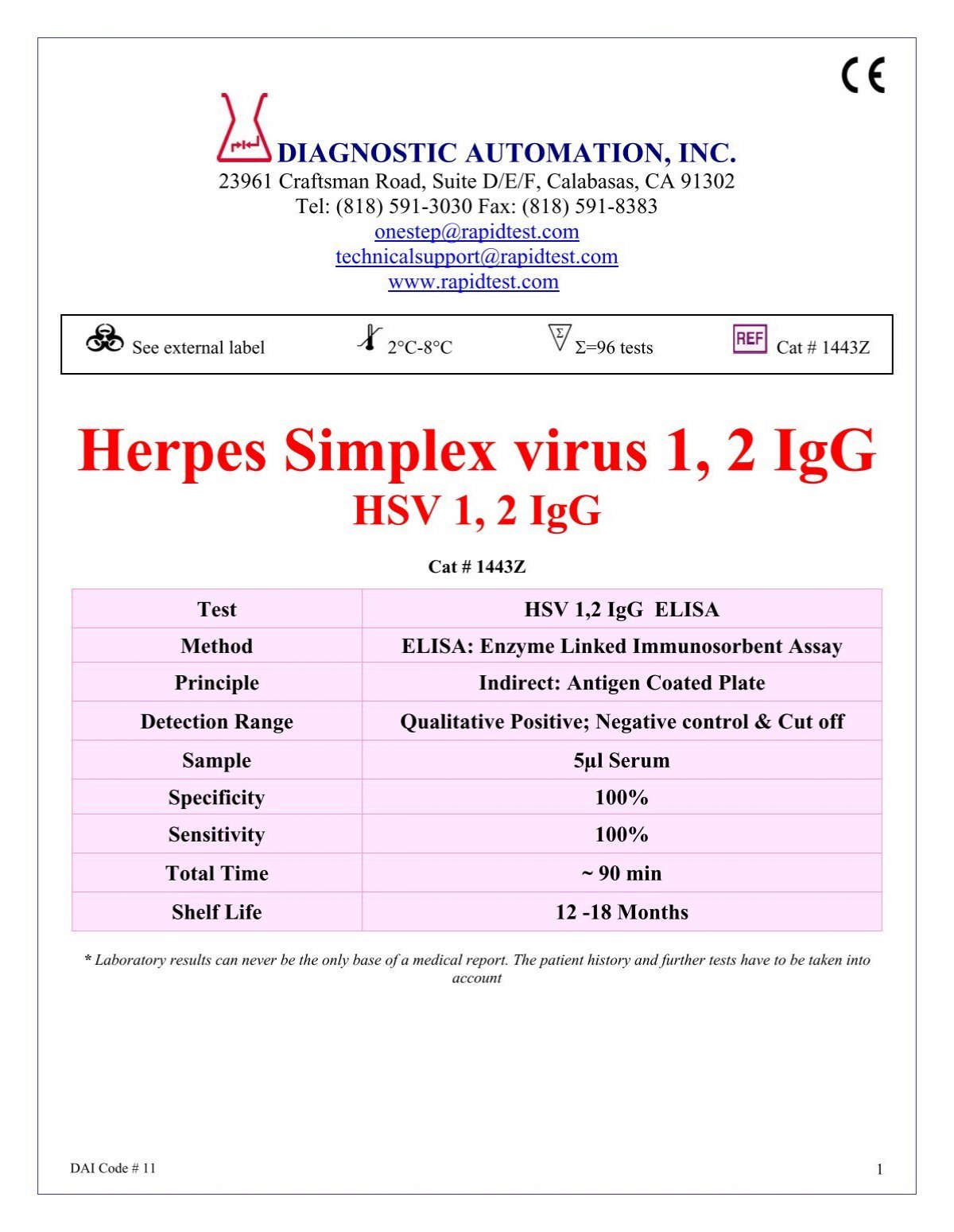10+ Health Guides For Better Diagnosis

Accurate diagnosis is the cornerstone of effective healthcare, enabling medical professionals to identify the underlying causes of symptoms and develop targeted treatment plans. The diagnostic process involves a combination of clinical evaluation, medical history, physical examinations, and diagnostic tests. With advancements in medical technology and the increasing complexity of diseases, health guides play a crucial role in facilitating better diagnosis. These guides, which can range from patient-facing resources to professional medical guidelines, aim to enhance the accuracy and efficiency of the diagnostic process. In this article, we will explore over 10 health guides that contribute to better diagnosis across various medical specialties.
Introduction to Diagnostic Health Guides

Diagnostic health guides are comprehensive resources designed to assist healthcare providers and patients in navigating the diagnostic journey. They encompass a wide range of tools and documents, including clinical practice guidelines, patient education materials, diagnostic algorithms, and evidence-based practice guidelines. These guides are developed based on the latest scientific evidence and clinical expertise, ensuring that they reflect the most current and effective diagnostic approaches. By utilizing these health guides, healthcare professionals can improve the precision of diagnoses, reduce diagnostic errors, and ultimately enhance patient outcomes.
Clinical Practice Guidelines
Clinical practice guidelines are systematic statements that help healthcare practitioners and patient decisions about appropriate healthcare for specific clinical circumstances. They are developed by authoritative bodies, such as professional medical societies, and are based on a thorough review of the best available evidence. Examples of clinical practice guidelines include those for the management of hypertension, diabetes, and chronic obstructive pulmonary disease (COPD). These guidelines provide recommendations on diagnostic criteria, screening tests, and the appropriate use of diagnostic technologies, thereby standardizing the diagnostic process and ensuring that patients receive evidence-based care.
| Medical Condition | Diagnostic Guideline |
|---|---|
| Hypertension | American Heart Association Guidelines |
| Diabetes | American Diabetes Association Standards of Care |
| COPD | Global Initiative for Chronic Obstructive Lung Disease (GOLD) Strategy |

Disease-Specific Diagnostic Guides

Beyond general clinical practice guidelines, there are numerous disease-specific diagnostic guides that offer detailed recommendations for diagnosing and managing particular conditions. For instance, the American College of Cardiology/American Heart Association (ACC/AHA) guidelines for the diagnosis and management of heart failure provide a comprehensive framework for healthcare providers. Similarly, the National Comprehensive Cancer Network (NCCN) guidelines offer evidence-based recommendations for the diagnosis, treatment, and follow-up of various types of cancer. These disease-specific guides are indispensable for ensuring that patients receive optimal care tailored to their specific needs.
Patient Education and Empowerment
Patient education materials are another crucial type of health guide that facilitates better diagnosis. By providing patients with clear, understandable information about their symptoms, potential diagnoses, and the diagnostic process, these materials empower patients to take a more active role in their healthcare. Patient education can include resources on how to prepare for diagnostic tests, what to expect during the diagnostic process, and how to interpret test results. Empowered patients are more likely to adhere to recommended diagnostic evaluations and treatment plans, leading to improved health outcomes.
- Patient education brochures
- Online health portals
- Mobile health applications
Technological Advances in Diagnostic Guides
The advent of digital health technologies has revolutionized the field of diagnostic health guides. Artificial intelligence (AI), machine learning (ML), and deep learning algorithms can analyze vast amounts of medical data, including images, genomic information, and clinical notes, to assist in diagnosis. Additionally, telemedicine platforms have expanded access to diagnostic services, enabling patients to consult with specialists remotely and undergo virtual diagnostic evaluations. These technological innovations hold promise for improving the speed, accuracy, and accessibility of diagnoses worldwide.
Artificial Intelligence in Diagnosis
AI-powered diagnostic tools can help healthcare providers interpret complex medical data, identify patterns that may not be apparent to human clinicians, and suggest potential diagnoses based on this analysis. For example, AI algorithms can be trained to detect abnormalities in medical images such as X-rays, CT scans, and MRIs, assisting radiologists in making more accurate diagnoses. Similarly, natural language processing (NLP) can be applied to clinical notes and medical literature to provide healthcare providers with relevant, evidence-based information at the point of care.
- Image recognition for disease diagnosis
- Predictive analytics for patient risk stratification
- Decision support systems for clinicians
What is the role of health guides in improving diagnosis?
+Health guides play a critical role in improving diagnosis by providing healthcare providers and patients with accurate, evidence-based information and recommendations. They help standardize the diagnostic process, reduce errors, and ensure that patients receive appropriate care for their conditions.
How do technological advancements impact diagnostic health guides?
+Technological advancements, such as artificial intelligence, telemedicine, and digital health platforms, are transforming diagnostic health guides. They enhance the accessibility, accuracy, and efficiency of diagnoses, enabling healthcare providers to make more informed decisions and improving patient outcomes.
What is the importance of patient education in the diagnostic process?
+Patient education is vital in the diagnostic process as it empowers patients to understand their conditions, adhere to diagnostic evaluations and treatment plans, and make informed decisions about their care. Educated patients are more likely to have better health outcomes and higher satisfaction with their care.



